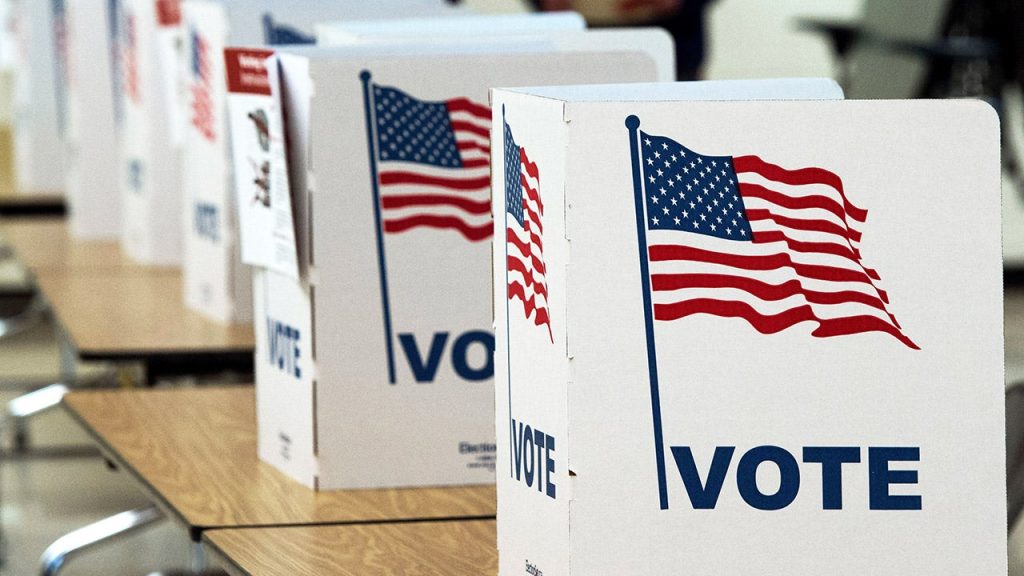The Pew Research Center conducted an analysis on voter identification in the United States across different demographic groups, comparing data from 1996 to 2023. The research found that party affiliation has shifted significantly over the years, with American voters being almost evenly split between Democrats and Republicans heading into the 2024 presidential election. While the Democrats had a 5% lead over Republicans in 2020, the tables have turned with 49% of voters identifying as Democrats or leaning Democrat, while 48% identify as Republican or lean Republican in 2023.
Among different demographic groups, the analysis found that while Democrats remain the party of choice for most Hispanic, Black, and Asian voters, support among non-Hispanic White Democratic voters has decreased over the years. Recent polls show a shrinking support for Democrats among minority voters, with 19% of Black adults identifying as lean Republican or Republican, the smallest Gallup has recorded since 1999. Young voters continue to favor the Democratic party, while older individuals are more likely to be Republican affiliated.
Republicans have made gains among Hispanic voters in recent years, with affiliation tripling among this demographic from 3% to 9% over the past two decades. Additionally, rural voters are shifting towards the GOP, with the party holding a 25-point advantage over Democrats in this group, after being evenly split in 2008. These shifts in party affiliation among different demographic groups could have implications for the upcoming presidential election in 2024, with President Biden and former President Donald Trump expected to compete in a rematch.
The analysis also found that 33% of respondents identify as conservative or moderate in 2023, while only 23% identify as liberal Democrats or lean liberal. The political landscape in America appears to be changing, with undecided battleground voters unanimously criticizing President Biden on the economy, calling it “absolutely disastrous.” The findings of the Pew Research Center’s analysis provide insight into the current political climate in America and how party affiliation is evolving leading up to the 2024 presidential election.
The Pew Research Center conducted surveys via telephone from 1994 to 2018 and through online surveys from 2019 to 2023 among registered voters to collect the data for their analysis. The results indicate a significant shift in party affiliation among American voters, with Democrats and Republicans being almost evenly split heading into the 2024 election. The research also highlights changes in support among different demographic groups, with Democrats maintaining their advantage among certain groups while Republicans are making gains in others. These findings suggest a potentially competitive and closely contested presidential election in 2024, with both parties vying for the support of key voter groups.


